Best facility asset management software
Managing a facility requires vigilance and a carefully thought-out strategy. Whether you’re managing a hospital, retail plaza, office building, or a combination of different types of buildings, it’s vital to have the right facility management tools to maximize the value of your assets. To ensure your facility is in the best shape throughout the lifecycle of your assets, choose a facility asset management software that meets your needs.
Here are seven great options to consider.
Best 7 facility asset management software programs
Explore these seven facility asset management software programs to simplify maintenance, track assets, and optimize your operations.
eMaint CMMS
eMaint CMMS works for both small organizations and multi-site operations, enabling them to oversee and maintain their facilities and assets. The software can monitor, capture, store, and share asset performance details.
Features include work order management, inventory and spare parts tracking, and predictive maintenance scheduling. eMaint CMMS can also send notifications to team members if the conditions for a specific piece of equipment change and require intervention.
Hippo CMMS
Businesses in industries such as manufacturing, healthcare, and food and beverage use Hippo CMMS. It enables organizations to manage their facilities through easy-to-use features like custom workflows, work-order tracking, and detailed reporting. Organizations can even connect work orders with materials and parts and have their stock levels update automatically.
Hippo CMMS also offers equipment management, preventive maintenance, and mobile work- order features.
FMX
FMX is a facility asset management software designed to streamline processes and increase asset productivity. Using the software, organizations have decreased the amount of time it takes to resolve work orders by an average of 67 percent. It also organizes preventative maintenance tasks and allows organizations to manage their equipment parts and inventory.
Organizations in education, manufacturing, and property management, as well as religious organizations, use FMX.
OfficeSpace
OfficeSpace is a workplace management software that goes beyond seating arrangement requests and room bookings. Designed for the modern workplace, OfficeSpace enables organizations to manage hybrid work arrangements, resource requests, scenario planning, and more. It also includes in-depth reporting and analytics.
OfficeSpace can easily integrate with an organization’s existing office software tools for a seamless and intuitive experience.
UpKeep
UpKeep is an asset operations management software focused on maintenance and reliability. This cost-effective software works for small businesses and startups as well, and there is no limit to the number of people who can request and view work orders. Key features include work order management, barcode scanning, inventory management, and task scheduling.
UpKeep has a public-facing web portal, which is ideal for sharing facility information with contacts outside the organization. It can also send real-time notifications based on specific criteria so teams can monitor progress on work orders.
Quickbase
Quickbase offers a facility management application focused on improving operations through real-time visibility and streamlined workflows. Organizations can collect data and manage key asset information with features like inventory management, maintenance request management, and asset tracking. A key benefit of Quickbase is that it’s a no-code tool, which means teams without a software development background can modify it.
Nexudus
Nexudus is a tool built specifically for managing coworking and flexible workspaces. It allows organizations to list events, sell tickets, create invoices and accept payments, while allowing their clients to reserve resources and check space availability.
Nexudus has a mobile app, making it easy for facility managers to use on the go. The software offers secure access control, so organizations can keep careful tabs on who’s accessing their space, allowing them to control the use of their facility on their terms.
With these facility asset management software options, you have a solid starting point for choosing one that works for you. Be sure to consider your overall asset management strategy and make sure the software’s features align with your company goals.
Photo by Mikhail Nilov

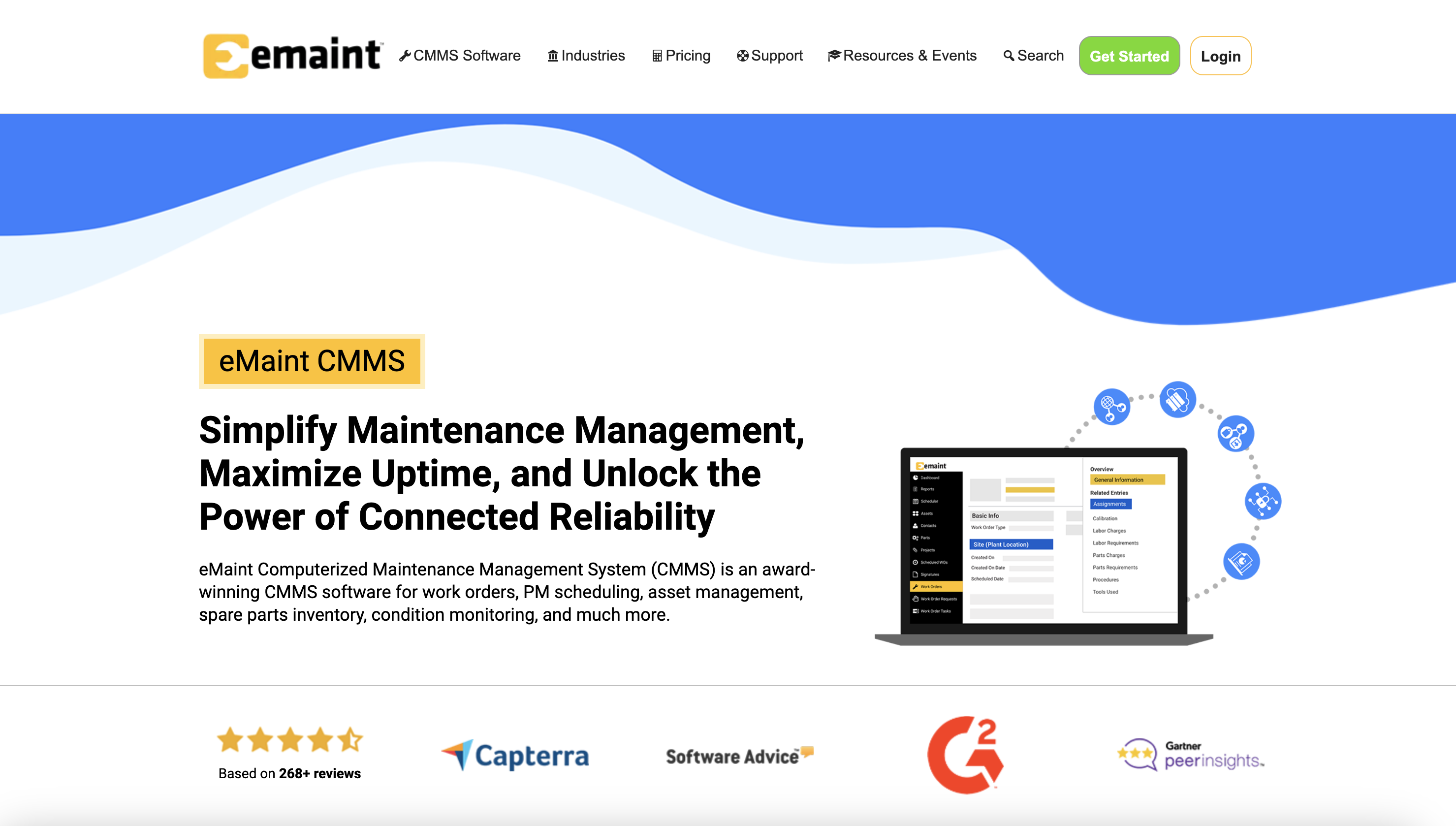
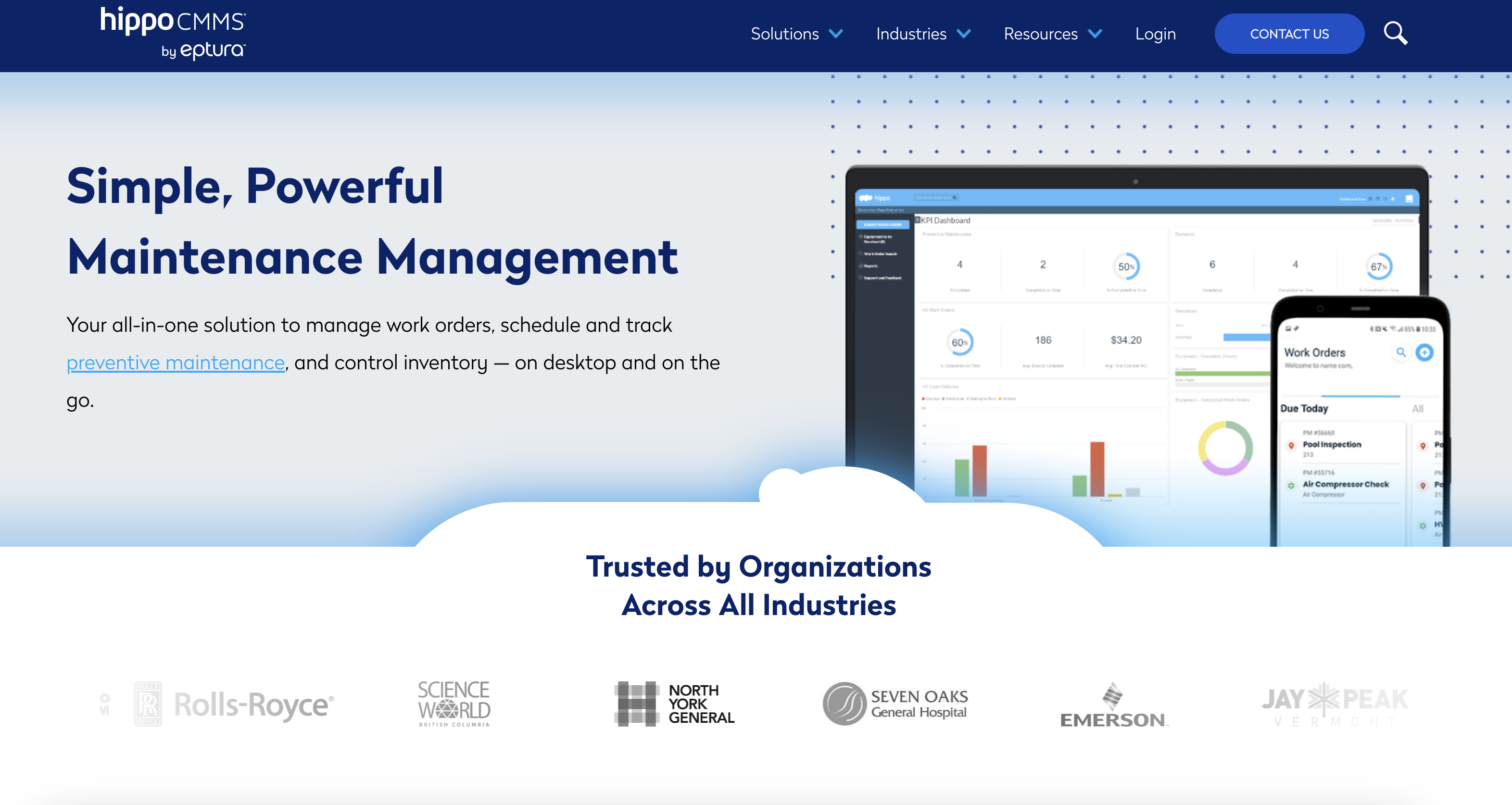
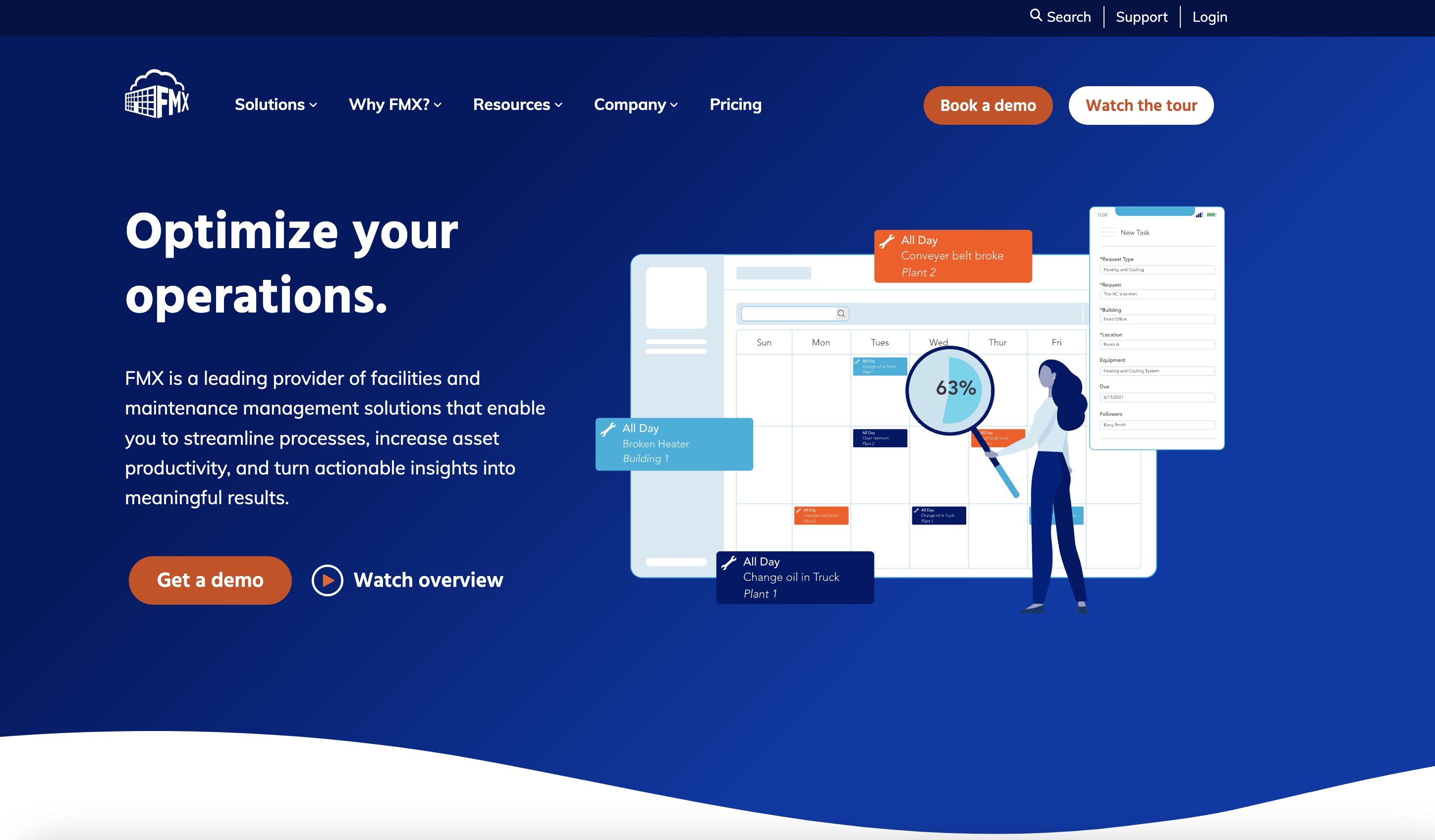
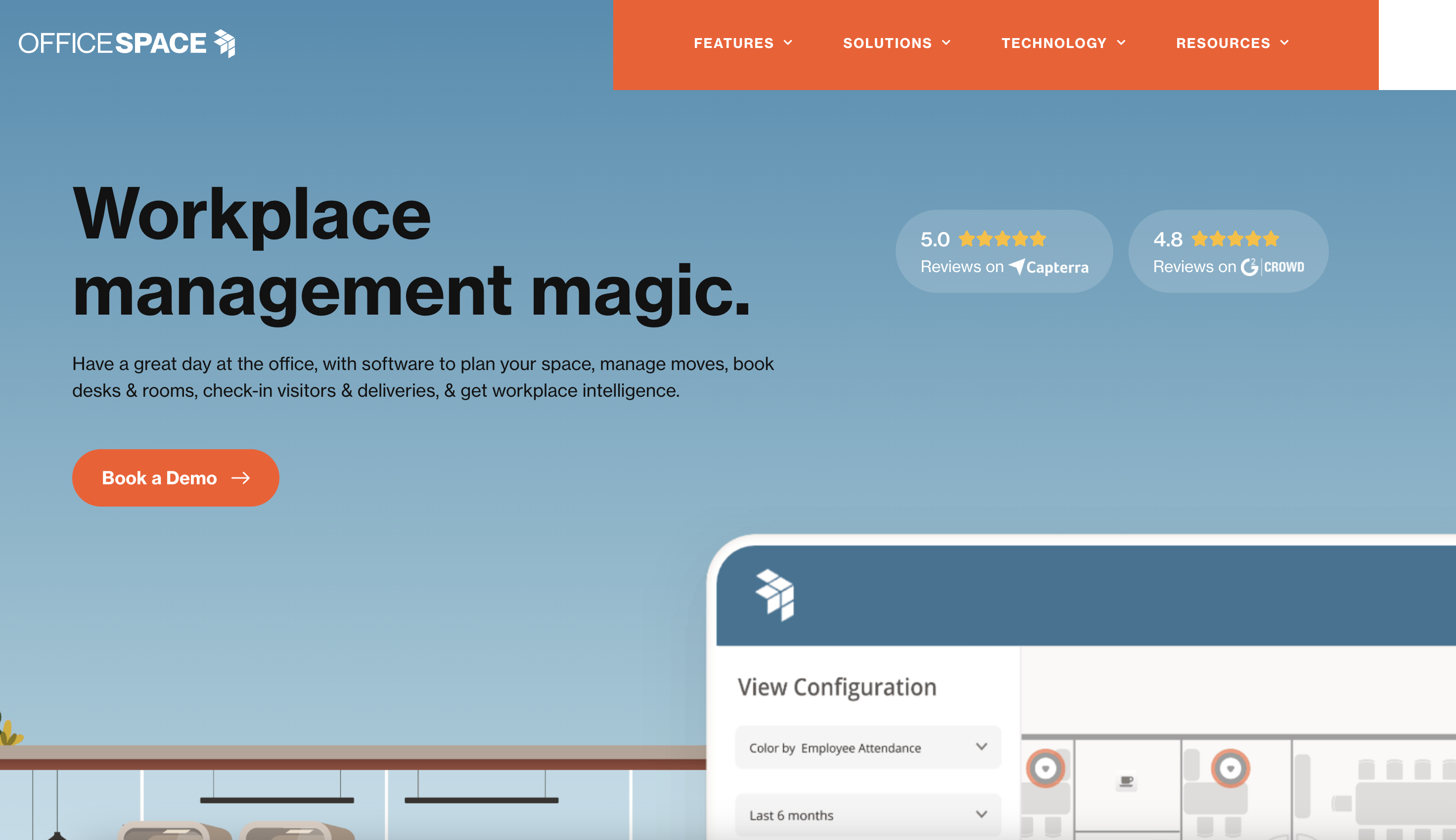
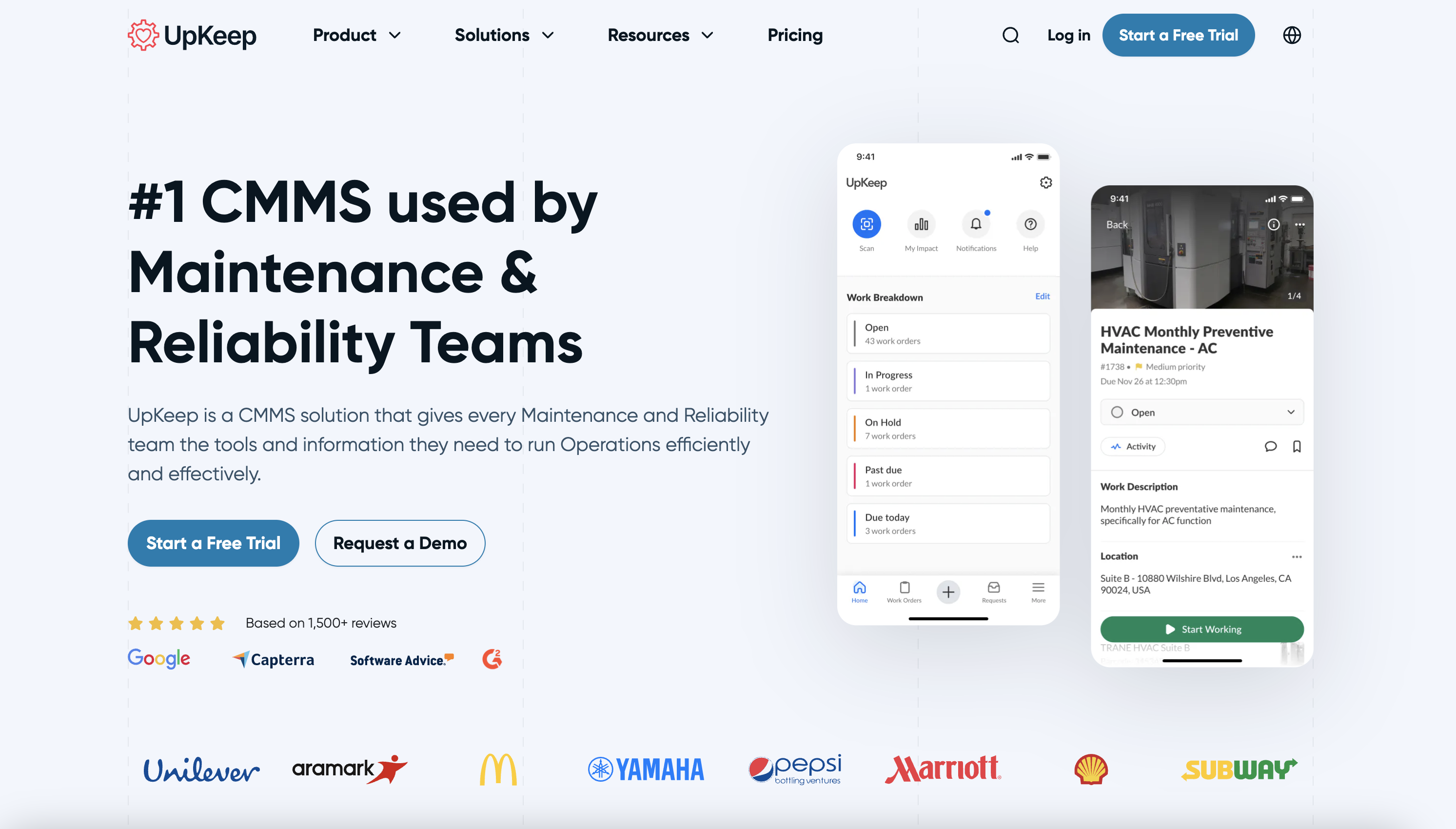
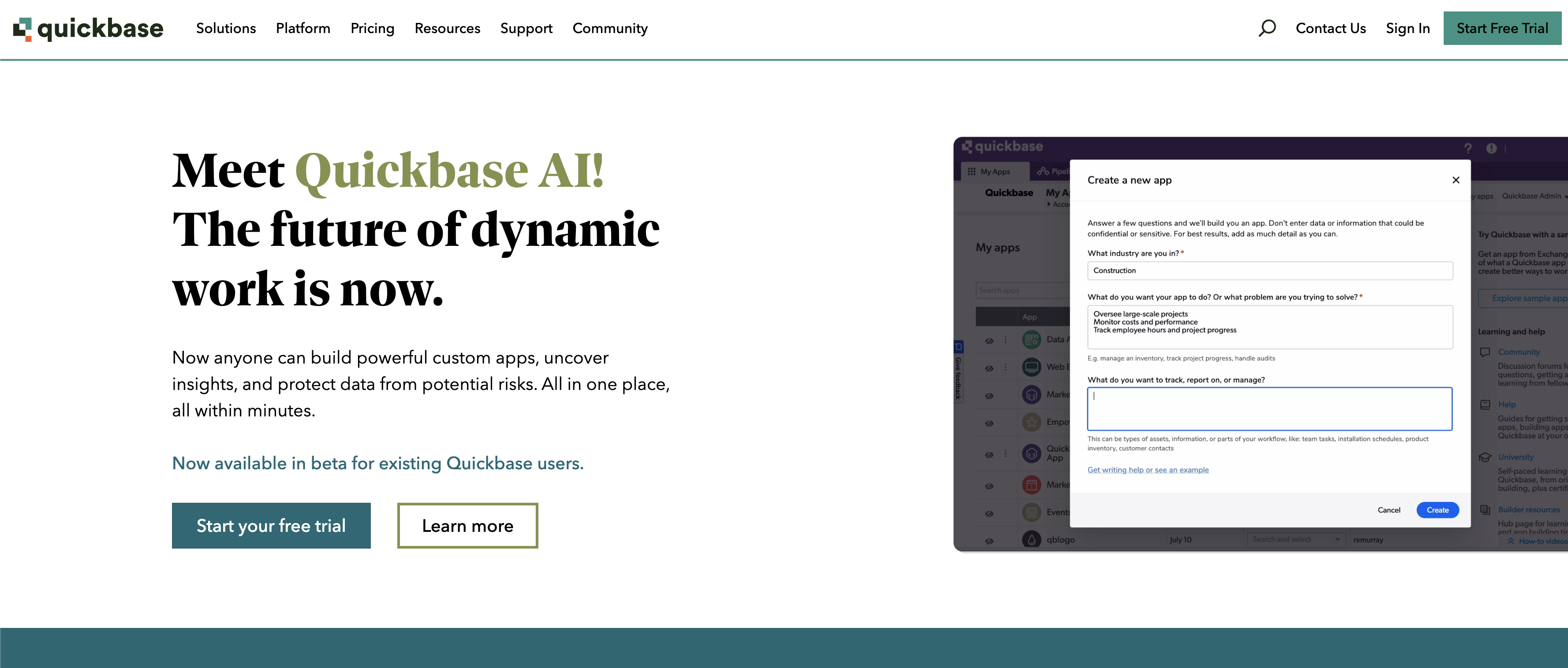
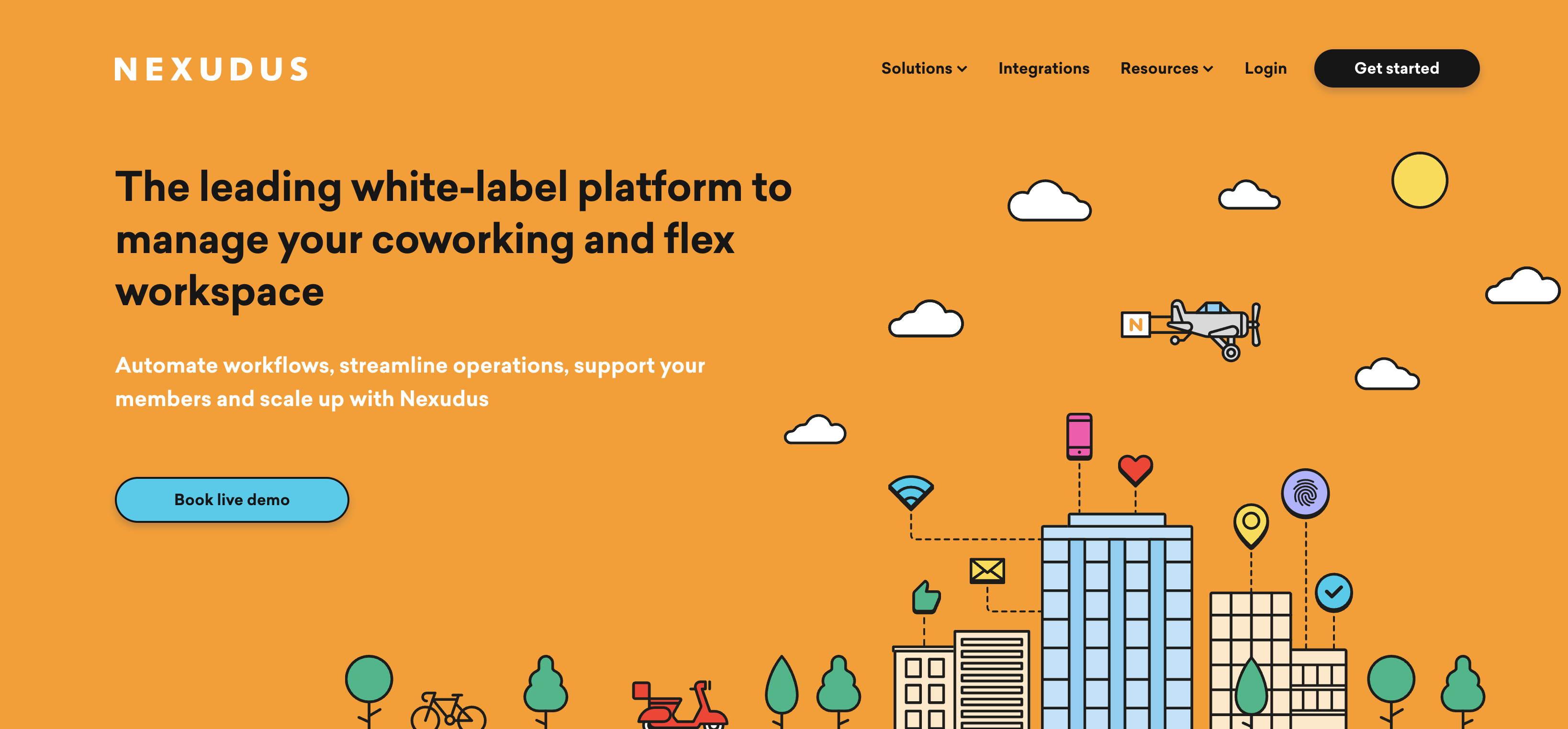















Send Comment: